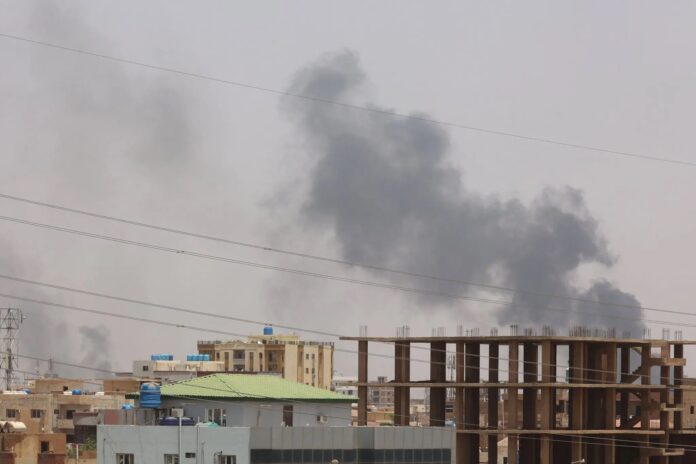Nairobi (Kaab TV) – The rights group, Amnesty International, has called the UN Human Rights Council’s special session on Sudan to establish an investigative mechanism towards human rights violations in the country.
Responding to news that the United Nations Human Rights Council will hold a special session on Sudan on 11 May 2023 to discuss the impact of the ongoing conflict in the country, Amnesty International’s Regional Director for East and Southern Africa Tigere Chagutah welcomed the special session on Sudan and urges the Council to address this human rights crisis in a manner that is responsive to the current and urgent needs of people in Sudan.
“We reiterate our call, made together with more than 90 other organizations, for Council members to establish an investigative mechanism to monitor, collect and preserve evidence, and report serious violations of human rights and humanitarian law that have occurred, and continue to occur, during this conflict,” Chagutah said “This investigative mechanism should be able to identify perpetrators and make recommendations to ensure accountability, justice, and reparations for victims.”
“The scale and gravity of the crisis requires the creation of such a mechanism to bring enhanced and dedicated resources to these tasks at this crucial moment. It would complement existing UN mechanisms including UNITAMS, the UN Human Rights Office, and the Human Rights Council’s Designated Expert.
Promote and protect the human rights
Amnesty International urged all members of the Council, including Sudan, to support such a mechanism to take whatever steps are possible to promote and protect the human rights of people directly affected by this crisis.
“Sudan’s regional partners and the international community must act now to support the people of Sudan,” Chagutah added.
This special session of the Human Rights Council is being convened after an official request was jointly submitted on 5 May by the United Kingdom, Norway, the United States, and Germany. At least 52 Member States of the Council have so far expressed support to convene this special session.
On 15 April fighting erupted in Sudan’s capital Khartoum between the Sudan Armed Forces (SAF), the national military, and the paramilitary Rapid Support Forces (RSF). The conflict has since spread throughout the country. The conflict came after weeks of growing tension between the SAF and RSF during negotiations surrounding a new transitional government and security force reforms.
Parties to the conflict continue to use heavy weapons, including artillery and tanks, as well as aerial bombardments, in densely populated areas in Khartoum. Civilians in the capital and in other locations, including Darfur, are bearing the brunt of the clashes, with millions trapped in their homes and humanitarian workers unable to deliver supplies to civilians affected by the conflict.
Amnesty International continues to receive testimonies of civilians killed and injured in their or near their homes – some of them apparently victims of indiscriminate attacks and others caught in the cross fires (often because combatants had taken position in the midst of civilian residents).


